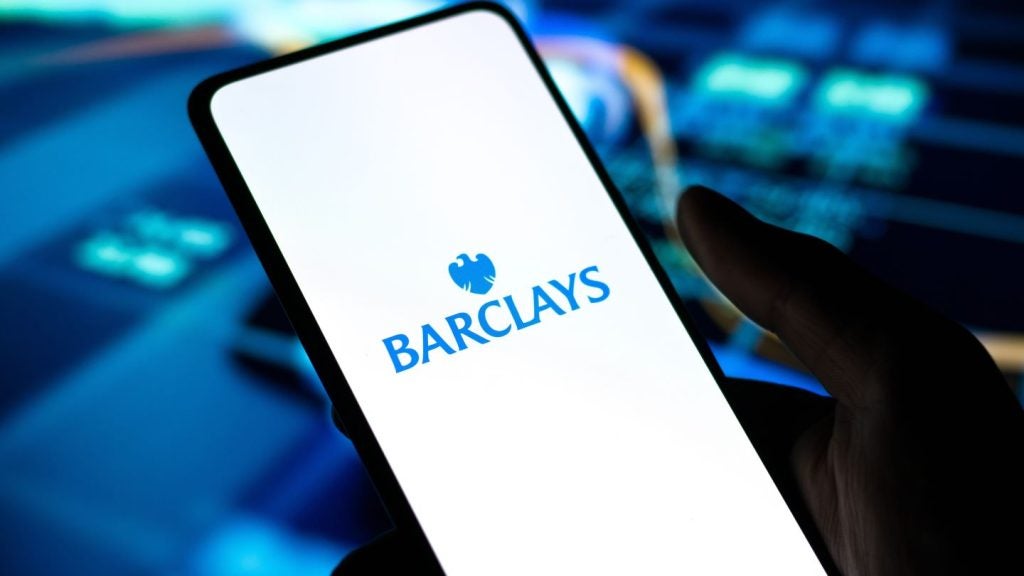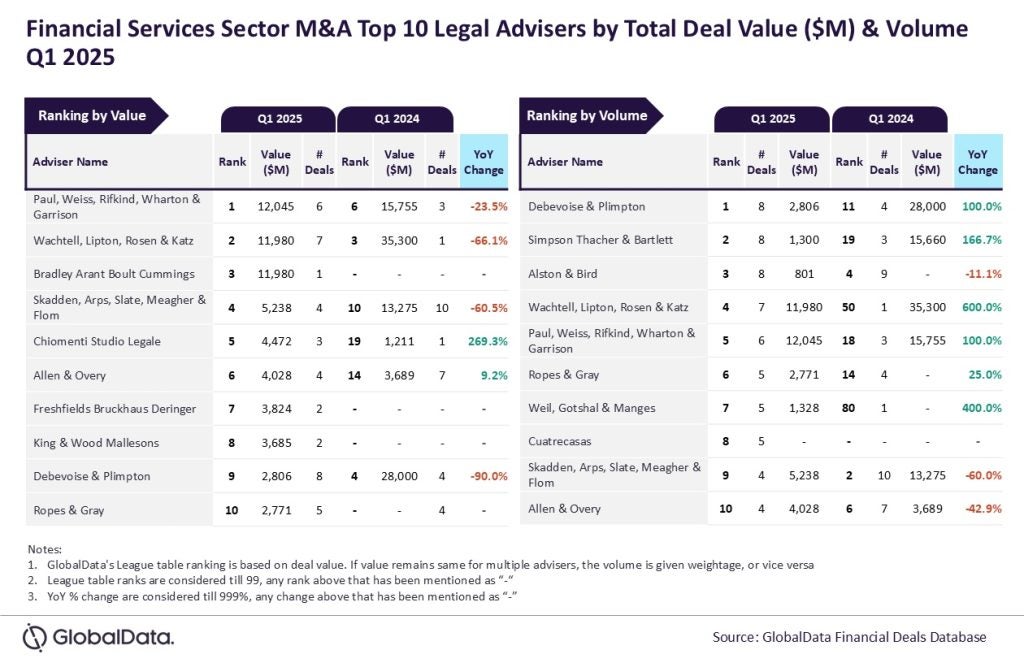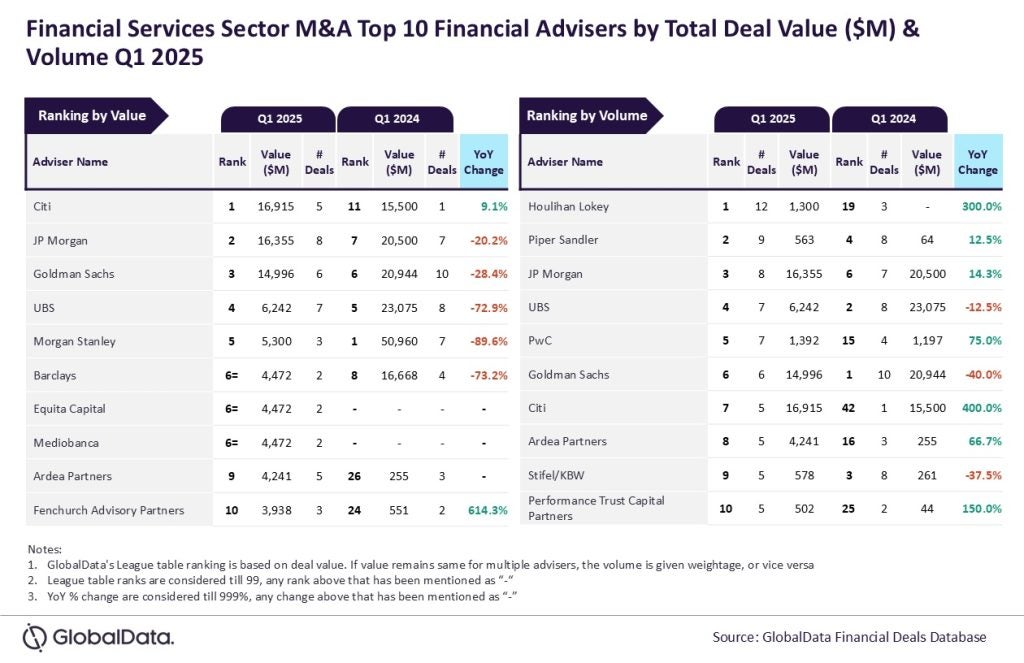Australian buy-now-pay-later (BNPL) firm Zip is considering impairment charges on its newly acquired US and European units amid difficult marketing conditions.
The firm has also decided to exit Singapore and pull the plugs on business lending due in the wake of “significant and swift changes to the broader macro and capital environment.”
Additionally, it is deprioritising previously planned financial products, including cryptocurrency and investment offerings.
Zip, which benefitted from the BNPL boom during the Covid-19 pandemic, made an array of acquisitions to expand its global footprint. These included Central European BNPL provider Twisto Payments, South Africa’s Payflex and US-based Quadpay.
However, the firm is currently reviewing its global presence and looking at ways to reduce cash burn as its economic outlook diminishes amid losing investor interest and increasing regulatory pressure.
Zip said in its Q4 FY22 results update: “Reflecting current market conditions, the company has reviewed the goodwill against the Spotti, Twisto and Quadpay assets and is assessing the need to take an impairment charge against the carrying value of goodwill in its FY22 accounts.”
Last week, the firm dropped its $352.59m merger plans with US-based rival Sezzle due to “current macroeconomic and market conditions.”
Zip is also pulling the plugs on Pocketbook, a money management app which it bought for $7.5m from Sydney-based founders Bosco Tan and Alvin Singh in 2016.
BNPL industry is continuing to suffer from growing interest rates and increasing bad debts.
Recently, Swedish fintech firm Klarna raised $800m in a funding round at a valuation of $6.7bn, about 85% less the $46bn valuation it commanded last year.






